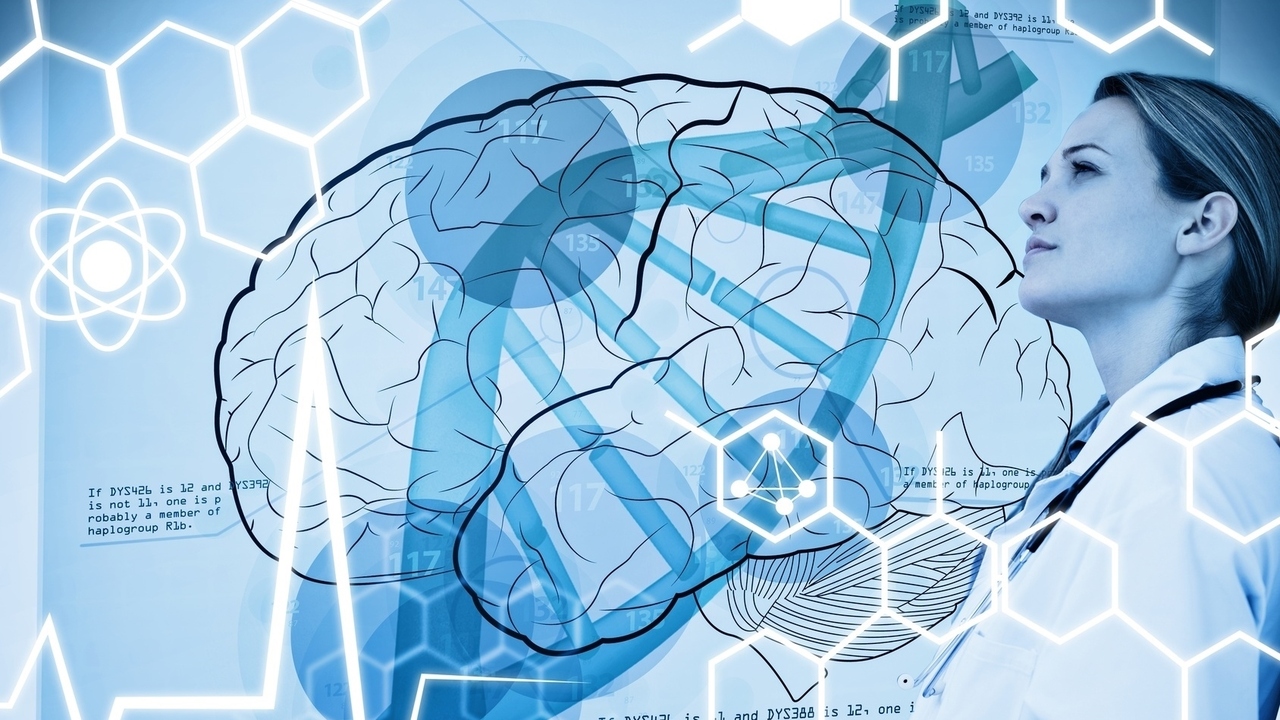By Shannon Koehle
EmpowHer.com reporter
Memory loss is a common sign of aging that is now associated with menopause.
Often linked to symptoms that include hot flashes, night sweats, irritability, and increased stress, research and patient complaints now indicate memory loss could be an additional symptom of this natural process.
As president and founder of The American Menopause Foundation Maria Lugano says, there’s not much information to confirm or deny the connection between memory loss and menopause, but it is a symptom.
Educator and author of “Menopause and Madness, The Truth about Estrogen and the Mind,” Marcia Lawrence writes about her own experience with menopause and the havoc low estrogen can create in one’s brain.
As she explains, according to Dr. Bruce McEwen at the Laboratory of Neuroendocrinology at New York City’s Rockefeller University, the hippocampus, a section of the brain where memory function occurs, is a main receptor site for estrogen.
For this reason the hippocampus seems to need estrogen to operate correctly.
With this information, McEwen learned that “estrogen increases the number of connections between nerve cells in the hippocampus,” and may be the cause of memory loss during menopause.
The best medical treatment for menopausal memory loss is Hormone Replacement Therapy, Lugano says, adding, “The quick relief for this is post-it notes. I always say that with a smile”
During menopause, a woman’s level of the female hormones estrogen and progesterone go up and down irregularly, says the National Institute on Aging. For this reason, Hormone Replacement Therapy, also known as Menopausal Hormone Therapy, can control the symptoms of menopause with estrogen and progesterone supplements.
However, according to the Women’s Health Initiative clinical trials, while Hormone Replacement Therapy can relieve hot flashes, night sweats, memory loss and more, the risks for strokes, serious blood clots, heart attacks, and breast cancer increase.
Natural hormones or bioidentical hormones of estrogen and progesterone made from plants like soy and yams are also available and are said to reduce symptoms of menopause. However, since these are not regulated or approved by the U.S. Food and Drug Administration, their side affects and effectiveness are unknown, warns the National Institute on Aging.
The National Women’s Health and Information Center also recommends getting enough sleep, engaging in physical and social behaviors, and finding positive ways to ease stress can reduce menopausal symptoms.
However, despite the an overwhelming number of memory loss complaints associated with menopause, according to The North American Menopause Society, “There is no firm evidence that memory or other cognitive skills actually decline because of natural menopause.”



